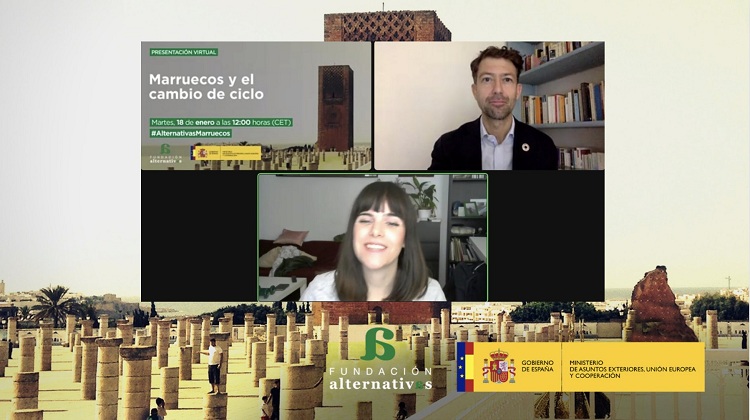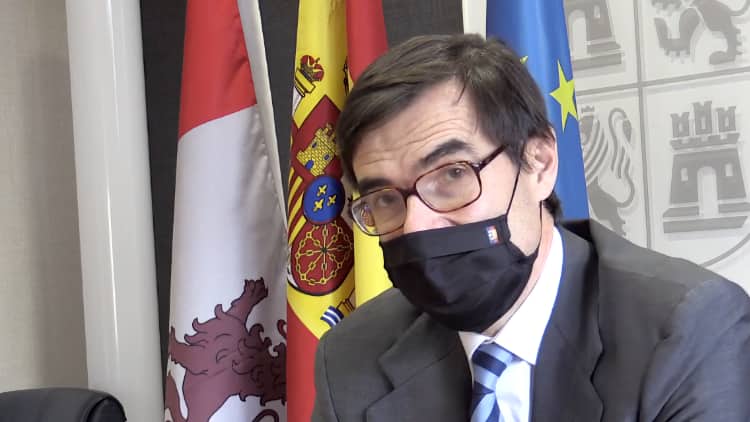Marta Martínez
Morocco continues to need Spain’s support before the European Union, especially in the face of the Court of Justice’s rulings on whether or not to include Western Sahara in the cooperation agreements between Morocco and the Union.
This is one of the conclusions of the report Morocco and the change of cycle, presented last January 18 by the Alternativas Foundation, which deals with the new political cycle in Morocco, after the defeat of the PJD (Justice and Development Party) in the legislative elections last September after a decade in power, and its possible implications for Spanish foreign policy.
In his introduction, the director of foreign policy of the Alternativas Foundation, Vicente Palacio, stressed the importance of the recomposition of relations with Morocco, but warned that the outlook is complex and difficult for Spain due to the interdependence existing between the two countries, caused by historical and multidimensional relations, which affect strategic areas such as energy or security. To this must be added “inevitably” the tensions over the Sahara issue, which was what triggered last year’s crisis, and the actions of third parties with conflicting interests, such as Algeria, an important country for Spanish energy security, or European allies such as France and Germany, with their different positions with respect to Morocco.
For her part, the moderator Itxaso Domínguez de Olazábal, coordinator of the Foundation’s Middle East and North Africa Panel, reviewed the internal Moroccan situation, considering it “essential” for analyzing the future of its relations with Spain. Morocco is at the beginning of a new political cycle, driven fundamentally by the defeat of the PJD, which has governed Morocco for the last decade, and the return of the traditional parties; and, secondly, by an involutionary tendency in terms of fundamental rights and freedoms, in a turn towards authoritarianism on the part of the Moroccan regime. To this must be added the lack of coherence of the European Union, with disparate positions on the Sahara among its member states.
As regards relations with Spain, the report stresses that the Sahara issue, migratory flows and tensions between Morocco and Algeria will be the key vectors for relations between the two countries in this new cycle for Moroccan domestic politics. In addition, Irene Fernandez-Molina, professor at the University of Exeter, introduced another determining element: the resolutions adopted by the EU Court of Justice regarding the non-inclusion of the Sahara territory in the cooperation agreements between Morocco and the Union. This is a key aspect for the Moroccan regime, both to demonstrate its strength externally and for its internal legitimacy, and, for this reason, “Morocco continues to need the support of Spain vis-à-vis the European Union”.
According to Beatriz Tomé-Alonso, of the UNED, “the crisis with Spain has been unprecedented and Morocco intends to inaugurate an unprecedented stage in its relations”. In any case, she affirmed, Spain will feel more comfortable in dealing with issues such as the border with Ceuta and Melilla or Western Sahara after the Moroccan acceptance of the UN Secretary General’s special envoy. For his part, Alfonso Casani, from the Complutense University of Madrid, also brought up the idea of the “cushion of interests” that Morocco has with Spain, such as trade, the common fisheries policy and the reconstruction of the health situation of COVID. In the end, the bilateral relationship between Spain and Morocco is fundamentally based on migratory issues, but also goes beyond that, concluded Domínguez de Olazábal.







